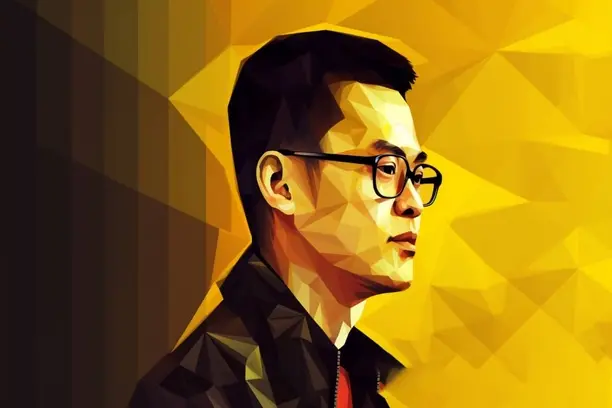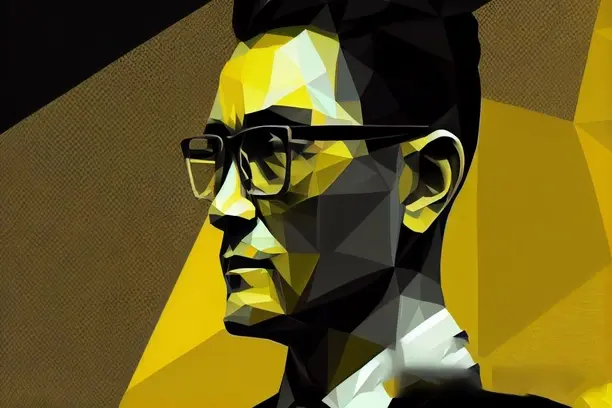With the rapid development of cryptocurrencies, the public service sector is also gradually entering the blockchain vision, and a series of conceptual coins have been derived. These coins usually involve various sectors such as public utilities, government services, healthcare, energy management, etc., and are designed to improve transparency, efficiency and security through blockchain technology. In this article, we will take stock of several representative tokens for public service sectors and analyze their application scenarios and development potentials in depth, so that readers can have a clearer understanding of these innovative cryptocurrency projects.

Public Service Concepts and Blockchain Integration
The core objective of the Public Services concept currency is to utilize blockchain technology to enhance the transparency, efficiency and trust of traditional public services. These services typically cover social infrastructure areas such as government services, energy management, transportation, and healthcare. Blockchain's decentralized, tamper-proof, and highly secure nature has enabled many traditional public sector management systems to be revolutionized. For example, blockchain technology can help enable the tracking of public funds, improve the transparency of election voting, and even play a role in environmental regulation.
With the development of decentralized technology, more and more blockchain projects are expanding towards the field of public services and developing public service concept tokens with commercial value. The value of these tokens is not only realized in market transactions, but also in their practical application in public services, which can bring about more efficient resource allocation and lower operating costs.
Energy Management: Providing Tokens for Decentralized Energy Trading
In the energy sector, the use of public service concept currencies is maturing. Tokens like Power Ledger (POWR) and WePower (WPR) focus on integrating the energy market into the blockchain system, enabling decentralized energy trading. This will not only increase the transparency of energy distribution, but will also drive more renewable energy into the market and achieve carbon neutrality.
Taking Power Ledger as an example, it utilizes blockchain technology to realize distributed energy trading, allowing households or enterprises to freely buy and sell electricity on the platform, avoiding the intermediary fees in the traditional energy trading process and enhancing the mobility and efficiency of the energy market. These tokens are also gradually being recognized by government departments for the implementation of more sophisticated energy management systems.
Healthcare: Tokenizing Data Security with Blockchain
Another major application scenario in the public service sector is the healthcare sector. The issue of privacy and security of healthcare data has long been a challenge globally, and many blockchain projects have been created that aim to solve this problem through decentralized technology. Tokens like MedToken (MED) and Healthereum (HLTH) are working to uplink healthcare data to ensure that patient data is not tampered with and can circulate securely around the world.

The application of blockchain in healthcare can also be extended to drug traceability to combat the circulation of counterfeit drugs. These public service tokens will make healthcare services more transparent and trustworthy, and patients will be able to better control their own health data and choose the scope of sharing as needed.
Government Services: A Token for Transparency and Efficiency
Government services are a highly promising area for blockchain applications. Through blockchain, governments can more effectively manage public funds, enforce contracts, and realize transparency in election voting systems. For example, behind VeChain (VET) and Basic Attention Token (BAT) tokens, there are already many government programs that are cooperating and exploring how to use blockchain to improve administrative efficiency.
In some countries, governments are beginning to test the use of blockchain for a range of administrative services, such as land registration and vehicle management, which ensures data immutability and improves efficiency and public trust. VeChain's VeChainThor platform, for example, has shown great potential for logistics and supply chain management, and is being used in some countries as a tool to improve government transparency.
Transportation: Realizing Smart Contracts and Token for Unmanned Driving Technology
Public service concept tokens in the transportation sector are also coming to fruition, with blockchain technology promising to revolutionize areas such as smart contracts and unmanned driving. For example, tokens such as Modum (MOD) and RoadChain (RC) are focused on using blockchain technology to enhance intelligent and decentralized operations in the transportation industry. Through the combination of driverless technology, car networking technology, etc., blockchain can realize more efficient and safer traffic management.
Modum, for example, is committed to improving temperature control monitoring during transportation and utilizes blockchain to record the entire process, thereby increasing the reliability of the supply chain. The application of such tokens not only improves transportation efficiency, but also ensures data transparency and prevents tampering during the transportation process.
Education: Tokenizing Credentialing and Knowledge Sharing
In the field of education, the application of public service concept currencies is becoming a reality. Blockchain technology can be used to realize the tamperability of academic certificates and reduce the incidence of academic fraud. Tokens such as EduCoin (EDU) and Learning Machine (LM) are dedicated to uploading data in the education sector, such as academic certificates and vocational certificates, to enhance the fairness and transparency of global education.
Blockchain can also be used to share and motivate learning resources. Students can earn tokens for their achievements in the learning process, which can be used to unlock more learning content or for learning exchanges, thus promoting the development of lifelong learning.
Environmental Domain: Tokens to Track Carbon Emissions and Environmental Behavior
The environmental sector is also one of the hotspots for public service concept currencies. As global concern over carbon emissions grows, many blockchain projects are beginning to focus on how to use tokens to track carbon footprints and incentivize businesses or individuals to reduce carbon emissions. For example, Carbon Credit Token (CCT) is a token platform that focuses on carbon trading by uploading carbon trading data through blockchain technology to ensure its transparency and tamperability.
Blockchain not only enables the monitoring of environmental data, but also provides an incentive for companies or individuals to engage in environmentally friendly behavior. These tokens offer new possibilities for the development of the global carbon market and help to promote sustainable development worldwide.
Conclusion
Cryptocurrency projects in the public service sector are gradually changing our understanding and practice of these areas through innovative applications of blockchain technology in energy management, healthcare, government services, transportation, education and environmental protection. These tokens not only have market value, but also play a critical role in public services, with far-reaching implications for the future mode of social operation and human well-being. As technology continues to advance and application scenarios expand, these public service concept coins will become an important part of the cryptocurrency landscape and deserve the attention of every investor and user.














